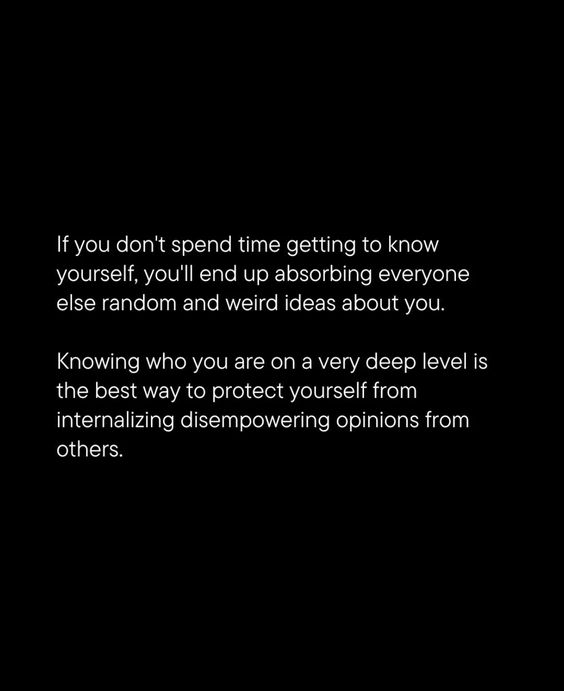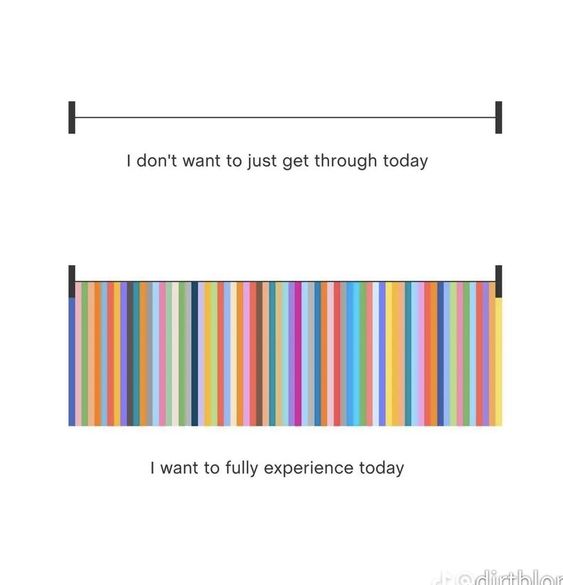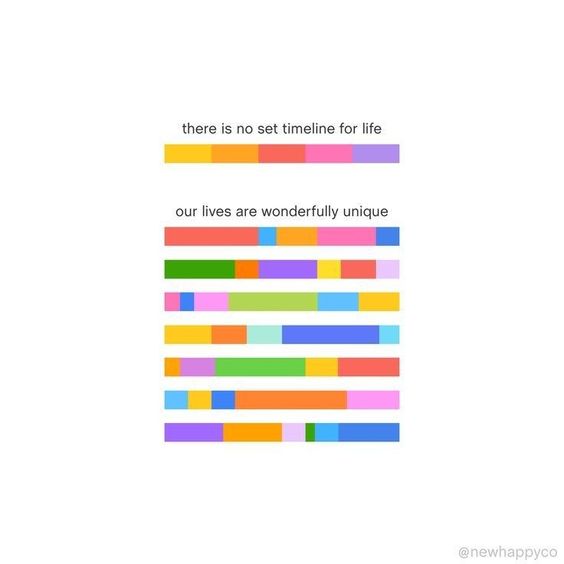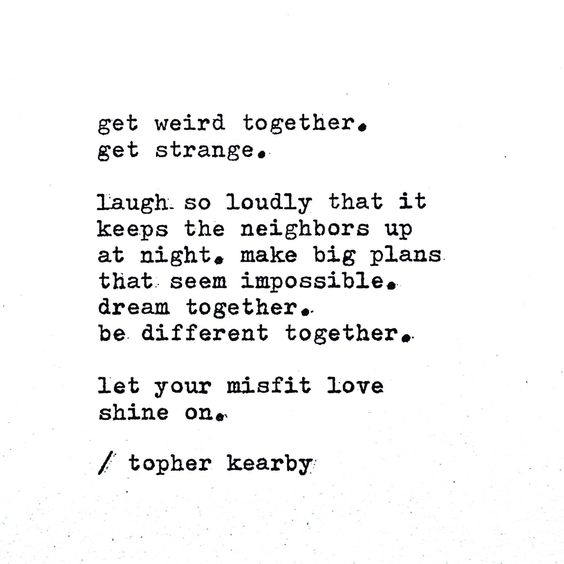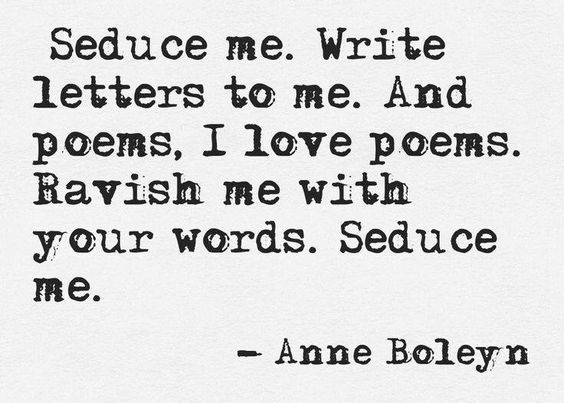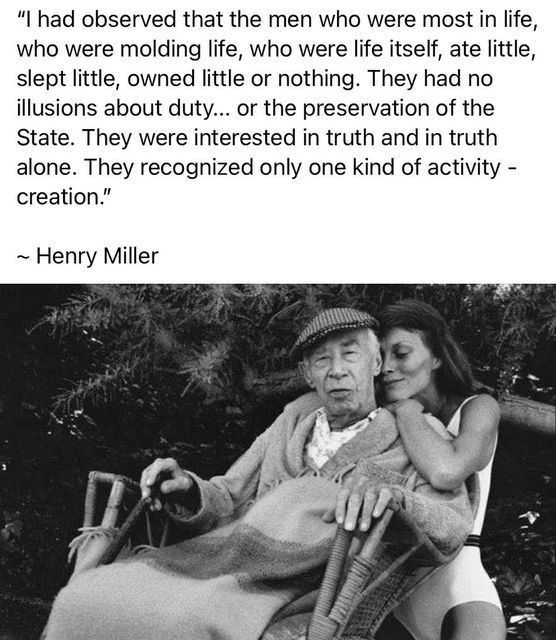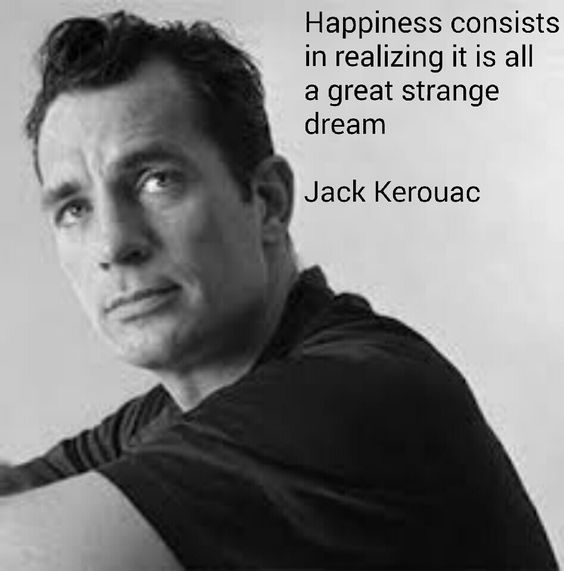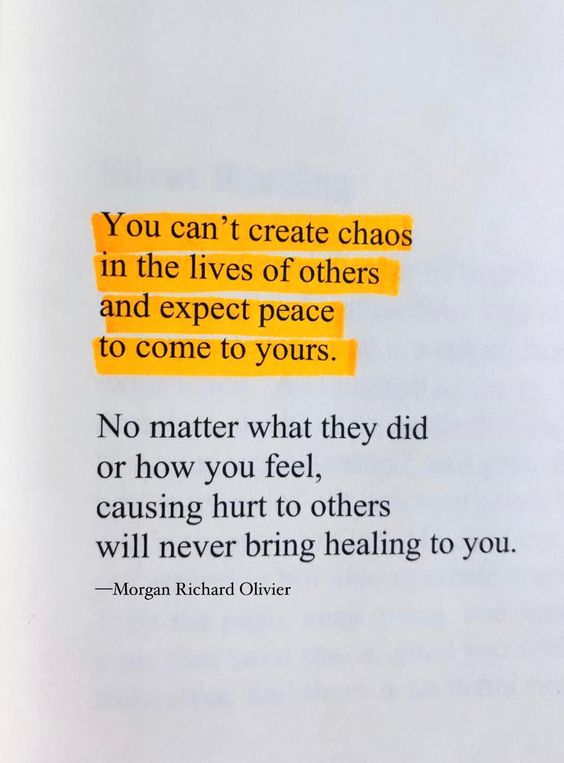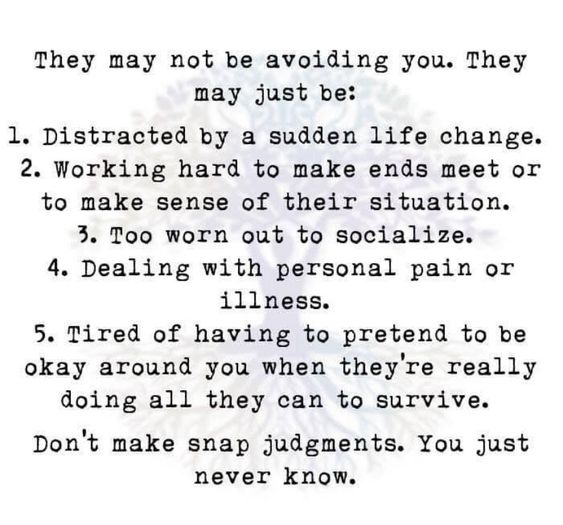“A writer — and, I believe, generally all persons — must think that whatever happens to him or her is a resource. All things have been given to us for a purpose, and an artist must feel this more intensely. All that happens to us, including our humiliations, our misfortunes, our embarrassments, all is given to us as raw material, as clay, so that we may shape our art.”
Jorge Luis Borges
“There will never be a perfect time to do something that stretches you. That’s true whether you are starting a business, having a child, changing careers, or wrestling with any number of challenges. That’s not a license to be reckless and never think things through, but at some point you have to embrace the uncertainty because it is the only path forward. If you were ready for it, it wouldn’t be growth.”
James Clear
“To fear love is to fear life, and those who fear life are already three-parts dead.”
Bertrand Russell, via The Midnight Library (Page 36)
“She wondered if her parents had ever been in love or if they had got married because marriage was something you did at the appropriate time with the nearest available person. A game where you grabbed the first person you could find when the music stopped. She had never wanted to play that game.”
Matt Haig, The Midnight Library (Page 36)
“The universe tended towards chaos and entropy. That was basic thermodynamics. Maybe it was basic existence too.”
Matt Haig, The Midnight Library (Page 12)
“She’d been feeling lonely. And though she’d studied enough existential philosophy to believe loneliness was a fundamental part of being a human in an essentially meaningless universe, it was good to see him.”
Matt Haig, The Midnight Library (Page 5)
The Midnight Library [Book]
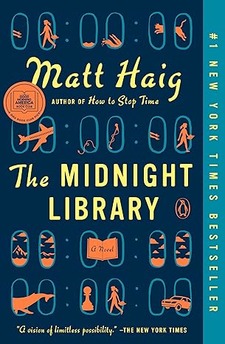
Book Overview: Somewhere out beyond the edge of the universe there is a library that contains an infinite number of books, each one the story of another reality. One tells the story of your life as it is, along with another book for the other life you could have lived if you had made a different choice at any point in your life. While we all wonder how our lives might have been, what if you had the chance to go to the library and see for yourself? Would any of these other lives truly be better? In The Midnight Library, Matt Haig’s enchanting blockbuster novel, Nora Seed finds herself faced with this decision. Faced with the possibility of changing her life for a new one, following a different career, undoing old breakups, realizing her dreams of becoming a glaciologist; she must search within herself as she travels through the Midnight Library to decide what is truly fulfilling in life, and what makes it worth living in the first place.
“One of the best secrets of a happy life is the art of extracting comfort and sweetness from every circumstance… People are always looking for happiness at some future time and in some new thing, or some new set of circumstances, in possession of which they some day expect to find themselves. But the fact is, if happiness is not found now, where we are, and as we are, there is little chance of it ever being found. There is a great deal more happiness around us day by day than we have the sense or power to seek and find. If we are to cultivate the art of living, we should cultivate the art of extracting sweetness and comfort out of everything, as the bee goes from flower to flower in search of honey.”
Thomas Mitchell
“Holding on for dear life. That’s a cliche from the movies. Dangling from a railroad bridge, only determination and firm grip can save the hero. In our modern world, we often end up holding on to ideas, to grievances or to our view of the world. Ironically, the harder we hold on to the things we’re hiding from, the less dear our life becomes. Perhaps we could let go for dear life instead.”
Seth Godin
